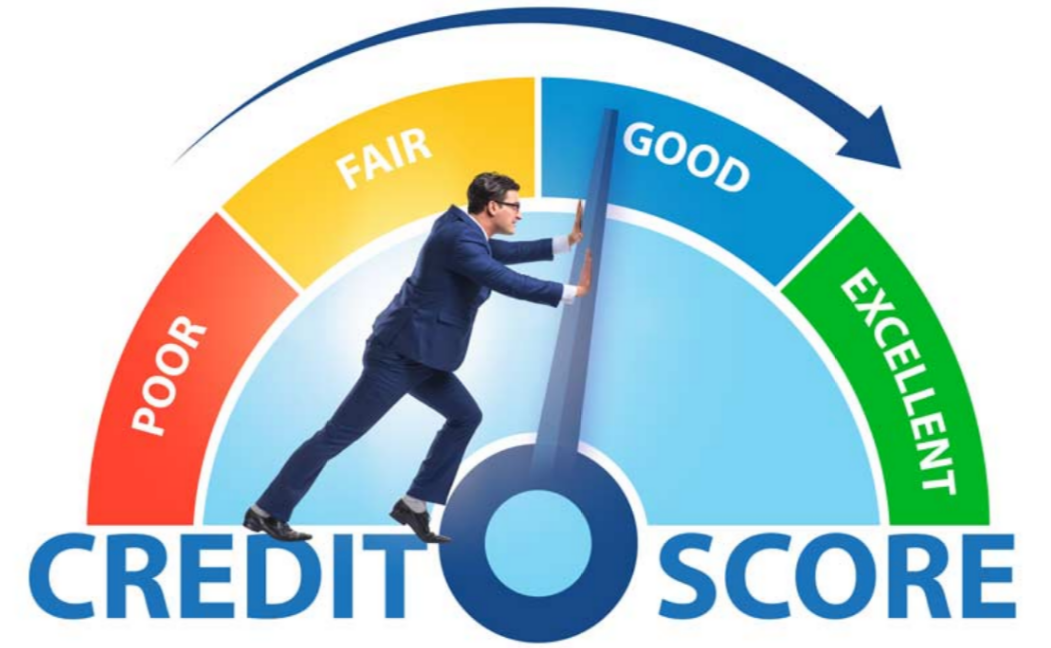In financial planning, a healthy CIBIL score is similar to a golden key that unlocks numerous doors, be it loans or credit cards. Unfortunately, many find themselves trapped in a low CIBIL score, unsure how to reach a better financial standing. Whether you are struggling with a low credit score or trying to increase your creditworthiness, it is essential to understand how to improve your CIBIL score. This article will provide 6 practical steps to raise your credit score and help you establish a more secure financial future. Learning and implementing these simple strategies can strengthen your financial position and access better credit opportunities.
So, if you’re wondering how to improve your CIBIL score, let’s get started:
Step 1: Regularly Monitor Your Credit Report
The journey to a better CIBIL score starts with knowing where you stand. Regular monitoring of your credit report is very important.
- Access Your Credit Report: Get your credit report from CIBIL and other credit bureaus. Many platforms offer an annual free credit report.
- Scan for Errors: Look for discrepancies or inaccuracies in your report, such as wrongfully reported late payments or unrecognised accounts.
- Report Discrepancies Promptly: If you spot any error, immediately report it to the concerned credit bureau for rectification.
Step 2: Timely Repayment of Loans and Credit Card Dues
Your payment history is a critical factor in your CIBIL score calculation.
- Set Up Reminders: Utilise reminders or automated payment systems to ensure you never miss a due date.
- Manage Credit Card Balances: Keep your balance low and avoid maxing out your cards.
- Address Past Dues: If you have any outstanding dues, prioritise clearing them to improve your payment history.
Step 3: Optimise Credit Utilisation Ratio
The credit utilisation ratio measures how much credit you are using against your available limit.
- Maintain Low Utilisation: Aim to keep your credit utilisation ratio below 30% of your credit limit.
- Limit Credit Card Requests: Avoid applying for new credit cards frequently, as each application can temporarily lower your score.
Step 4: Diversify Your Credit Mix
A diverse credit portfolio showcases your ability to responsibly manage different types of credit.
- Mix of Credit: Aim for a balanced mix of secured (like home loans) and unsecured loans (like Personal Loans).
- Avoid Unnecessary Loans: Only take out new loans or credit if necessary.
Step 5: Avoid Multiple Credit Enquiries
Every time you apply for credit, it results in a hard inquiry, which can negatively impact your score.
- Limit Loan Applications: Only apply for credit when it’s essential.
- Pre-qualified Offers: Look for pre-qualified loan or credit card offers, which usually involve soft enquiries that don’t affect your score.
Step 6: Length of Credit History
The age of your credit history also plays a role in your CIBIL score.
- Retain Old Credit Cards: Keep your oldest credit card active, as it helps to build a long credit history.
- Avoid Closing Old Accounts: Closing old credit accounts can shorten your average credit age, negatively impacting your score.
Addressing Common Misconceptions About CIBIL Scores
In credit scores, misinformation can often lead to decisions that ultimately harm one’s financial standing. Understanding and addressing these common misconceptions about CIBIL scores is a major step in effectively managing and improving your credit health.
- Myth 1: Checking Your Own CIBIL Score Lowers It
A common myth is that checking your CIBIL score can negatively impact it. This is a misunderstanding. Self-checks are soft inquiries and do not affect your score. Regularly checking your score is a good practice to stay informed about your credit status.
- Myth 2: A Single Missed Payment Won’t Affect Your Score
Many believe missing a single loan or credit card payment won’t make a major difference. However, even one missed payment can cause a noticeable dip in your CIBIL score. Lenders consider payment consistency important, so ensuring timely payments is crucial.
- Myth 3: High Income Equals High CIBIL Score
Income level does not directly influence your CIBIL score. While a higher income can make managing credit easier, the score primarily reflects your credit history and repayment behaviour, not your earnings.
- Myth 4: Settlement is Better Than Non-Payment
Opting for a settlement on your dues might seem like a quick fix, but it can negatively affect your credit score. Future creditors view a settled account negatively, showing a failure to repay the borrowed amount in full.
- Myth 5: Closing Old Credit Accounts Will Improve Your Score
Closing old credit accounts, especially those with a good repayment history, can hurt your score. These accounts add to the length of your credit history and show your ability to manage credit over time.
- Myth 6: All Debts Are Bad for Your CIBIL Score
Not all debts are bad for your CIBIL score. A well-managed debt portfolio, including timely repayments, can help build a positive credit history and improve your score.
Improving your CIBIL score is a gradual process that requires discipline, patience, being wary of the myths, and strategic financial planning. By following these six steps, you can steadily enhance your creditworthiness. Remember, a good CIBIL score, for instance, a personal loan for cibil score of 550 and above, helps you get a Personal Loan and opens up several financial possibilities.



